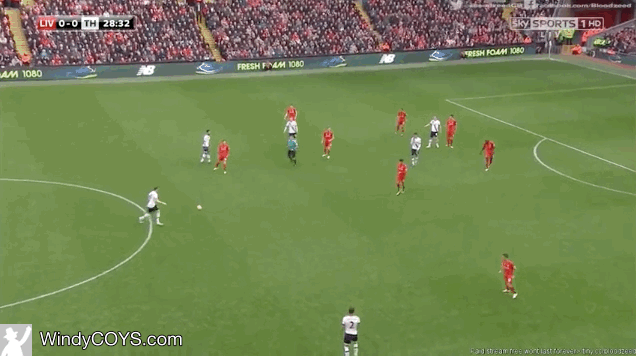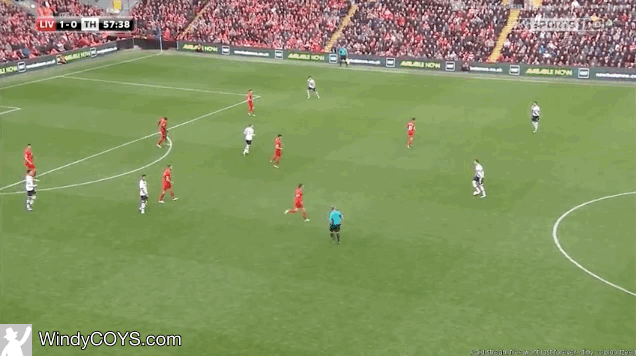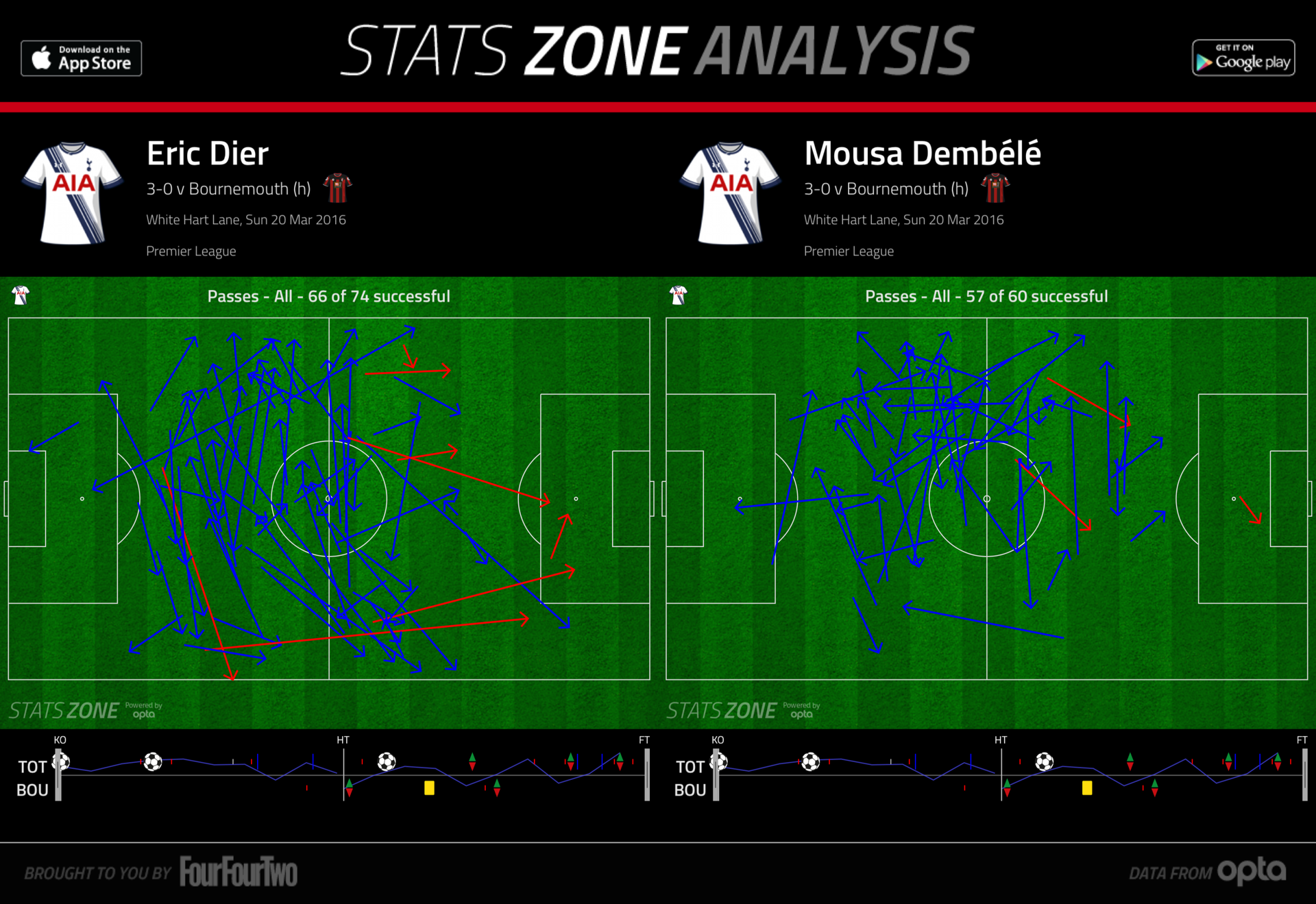On this week’s Fighting Cock podcast we had a lengthy discussion about the Chelsea match, specifically the ‘antics’ of our players. I felt I needed to get it out of my system — I was really angry at their behaviour, and I used some strong language — ‘ashamed’ being one such word. I stand by it too.
The response I had on Twitter, on forums, in messages from friends and on the pod itself was… let’s say ‘mixed’! I’ve had messages from people saying that they agreed with me and that I articulated their own views. Equally, I’ve been called a disgrace, and more than one person has said that they actually switched off the podcast, so angry were they at my views, which were obviously the polar opposite of theirs (which is a pity, as if they had carried on listening, they would have heard Flav and Thelonious arguing with me vehemently and laughing off a lot of the incidents. Both sides were covered.).
I’ll preface this by saying that I totally *get* why the players were so wound up. There are many factors which undoubtedly played a part:
– The fact that it was a local derby.
– The pressure of being in a title challenge.
– The fact that we had given up a lead the previous week and, effectively, given up that title challenge.
– The comments of Eden Hazard and Cesc Fabregas leading up to the match.
– The fact that the team are — on the whole — young.
– The fact that some of these players have had a few years of ‘big clubs’ winding up our players, surrounding and intimidating referees, and using the dark arts against us.
– Diego Costa. Enough said.
There are mitigating factors. Lots of them! I do understand that.
But our behaviour was, in my view, 1. unacceptable and 2. counter-productive.
Some of it was acceptable. We set out to wind up Diego Costa, hoping that he’d last out or, at least, lose focus. We went into challenges with that extra bit of fire in the belly. It’s a derby, and that is all understandable, excusable, and even potentially useful.
But it became unacceptable; we went too far. We were often the provocateurs, the antagonists, the troublemakers. I don’t need to list the offences — you all know what happened. But suffice to say that had the referee and/or his assistants seen everything clearly and correctly, we could have ended up with seven players on the field at the end of the game. Indeed, Eric Dier could have been sent off twice over (for two bookable offences and then a straight red card offence at the end).
People have excused it as the players ‘not giving in’ to Chelsea’s ways. That not only misrepresents the way that it went — i.e. we were more often the ones doing the winding up — but, for me, also doesn’t explain the levels of indiscipline. Setting a Premier League record for nine bookings in a match, as well as receiving a club charge for the melee at the end is shameful. To me, it came off as the players having a tantrum at Leicester winning the league more than anything else.
And it was counterproductive because when we lost our discipline, we also lost our tactical discipline, and subsequently lost our lead (okay, we didn’t just lose due to our indiscipline, but it contributed). So intent did we seem on kicking Chelsea’s players that we forgot to play like a team. Chelsea took advantage, mostly through a phenomenal second half performance from Eden Hazard, who not only reminded us of his ability, but also that he hasn’t shown up for nearly a whole season — shameful in itself.
So onto that shame word. The reason I was ashamed was that this was not the Tottenham Hotspur team that I know and have loved this season. I have never seen us play like that; with such venom, such aggression, such nastiness. I have not seen us react so strongly to decisions, or rear up at every flash point.
Some fans have justified this by saying that this is why we have not won anything in our recent history. That the reason we have not won leagues is because we have never shown this passion, aggression, fight, spirit. I could not disagree more; there have just been better teams.
This season we have shown more aggression — tactically, individually, collectively — than I have ever seen a Spurs team show. And it has mostly been on the right side of the line (bar a few Dele Alli and Erik Lamela moments). We have been so focussed, so disciplined, have shown bundles of belief, energy, self-control. Had we shown that same discipline against Chelsea, from start to finish, we would have won the match. At 2-0 up just show that same cold, calculating focus that we showed in other games, and see it out. It might be easier said than done, but we’ve done it for most of the season.
I was embarrassed watching us try to kick players for the last ten minutes because it felt desperate, it felt childish, and it felt like an outpouring of frustration of how the season had panned out, rather than a deliberate attempt to ‘send a message’ to Chelsea (and others) that they can’t just walk all over us any more.
And even if it were ‘a message’, it was the wrong one. What have Chelsea learned from that? That Spurs can very much be wound up. That we are emotionally vulnerable, liable to lose discipline and — in essence — very much susceptible to the dark arts.
Next season will see both fixtures hyped and billed as grudge matches, with a circus surrounding each. That will add extra pressure to an already big occasion, making it harder to simply beat Chelsea by being the better team — as we are at this moment in time.
Nobody said pre-match that we needed to show that we aren’t pushovers — that we need to go out and prove a point to Chelsea by being extra-physical. Because, frankly, we’ve done that across the entire season. We have steamrolled teams, we have had Alli and Lamela dishing out just-below-the-radar levels of spite, and we’ve had Eric Dier making strong challenges when it mattered. So to justify the behaviour based upon a need to assert ourselves is revisionist.
Another argument goes that the players showed that they care. That they went out with a fight. I just don’t buy this. They showed that they were angry, and they showed that they had a nasty streak. Is that showing that they care? Is losing a 2-0 lead going out with a fight? To me, showing that they care would have been following team instructions to the letter for 90 minutes, and then going over to applaud our travelling fans (who were utterly wonderful, once again by the way) at the end. That’s how the bond between players and fans has been built this season – hard work and focus from minute one to minute 95.
Having slept on it, I have mellowed on the Mousa Dembélé issue. On the podcast I got a little carried away and suggested that he deserved a ten-game ban. Actually, I think the FA got it right, and six games seems fair to me. But I stand by my other comments.
I’m not even going to get started on the ‘rise above it’ argument, because I imagine that many people are already finding this somewhat sanctimonious, and also that they enjoyed seeing us fire shots. Indeed, I feel a little bad going over this again, because I have loved this season. It has been up there with just about any other Spurs season in my memory, and to write this feels like a betrayal of what has been a thoroughly enjoyable year of football, which has left me feeling incredibly proud and optimistic about the direction of travel. But, equally, I don’t want to shy away from my opinion that this was not something I want to see repeated.
I love you, Spurs, but let’s learn from Monday and channel that aggression in a more productive way next time.




